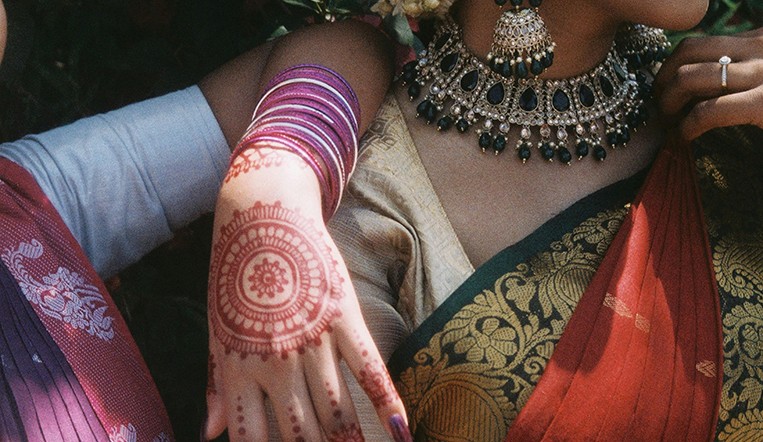Now it’s India vs Bangladesh over the GI tag for Tangail saree
22 February 2024

Earlier this month, a group of locals in Tangail, Bangladesh, took to the streets to protest against the Indian government’s decision to grant a geographical indication (GI) tag to Tangail sarees, a traditional handwoven garment. These are worn by women from India and other countries in southern Asia by wrapping them around the body.
The granting of GI tags is a means to recognize products with distinct qualities associated with their geographical origin.
The controversy arose when the Indian Geographical Indications Registry awarded the GI tag to the Tangail saree on January 2, 2024, based on the application filed by the Kolkata West Bengal State Handloom Weavers Co-Operative Society. However, the protesters opposed this decision, claiming that the garment originated from the district of Tangail.
Tangail weaving is one of Bangladesh’s oldest cottage industries, dating back to the late 19th century, and exported to India, Japan, U.S., Europe and the Middle East.

Rajin Ahmed, Associate, Doulah & Doulah, Dhaka
The protesters demanded that the Bangladeshi government take steps to challenge the GI tag awarded in India under the title Tangail Saree of Bengal and get the GI seal instead for Bangladesh, where Tangail weaving is a time-honoured tradition.
Rajin Ahmed, an associate at Doulah & Doulah in Dhaka and an advocate at the Supreme Court of Bangladesh, agreed that the GI tag should belong to Tangail, emphasizing historical evidence supporting its association with the region. “However, it also highlights a complex situation where the saree weavers might have migrated to West Bengal from Tangail, Bangladesh. The resolution of this dispute would require careful consideration of historical and geographical evidence,” he said.
Ahmed suggested that the Bangladeshi government may pursue legal avenues, including petitioning the Indian GI registry and potentially the WTO’s dispute settlement body, to challenge the registration.
If the issue remains unresolved and the GI tag for Tangail saree stays with India, which is valid until September 7, 2030, Bangladeshi saree manufacturers could face negative consequences. This could affect product recognition and market share and lead to unfair competition, putting the manufacturers at the losing end and potentially causing economic repercussions.
According to Ahmed, establishing a separate registration for the Bangladeshi Tangail saree also wouldn’t be easy. “It would be protracted, expensive and cumbersome, with the risk of losing protection in certain countries due to semi-generic classification. The government of Bangladesh would need to carefully assess the economic implications and take measures to protect the interests of its saree manufacturers,” he said.
On January 30, 2024, the Tangail administration held a meeting to discuss what steps to take to secure GI protection for the Bangladeshi Tangail saree.
- Espie Angelica A. de Leon






